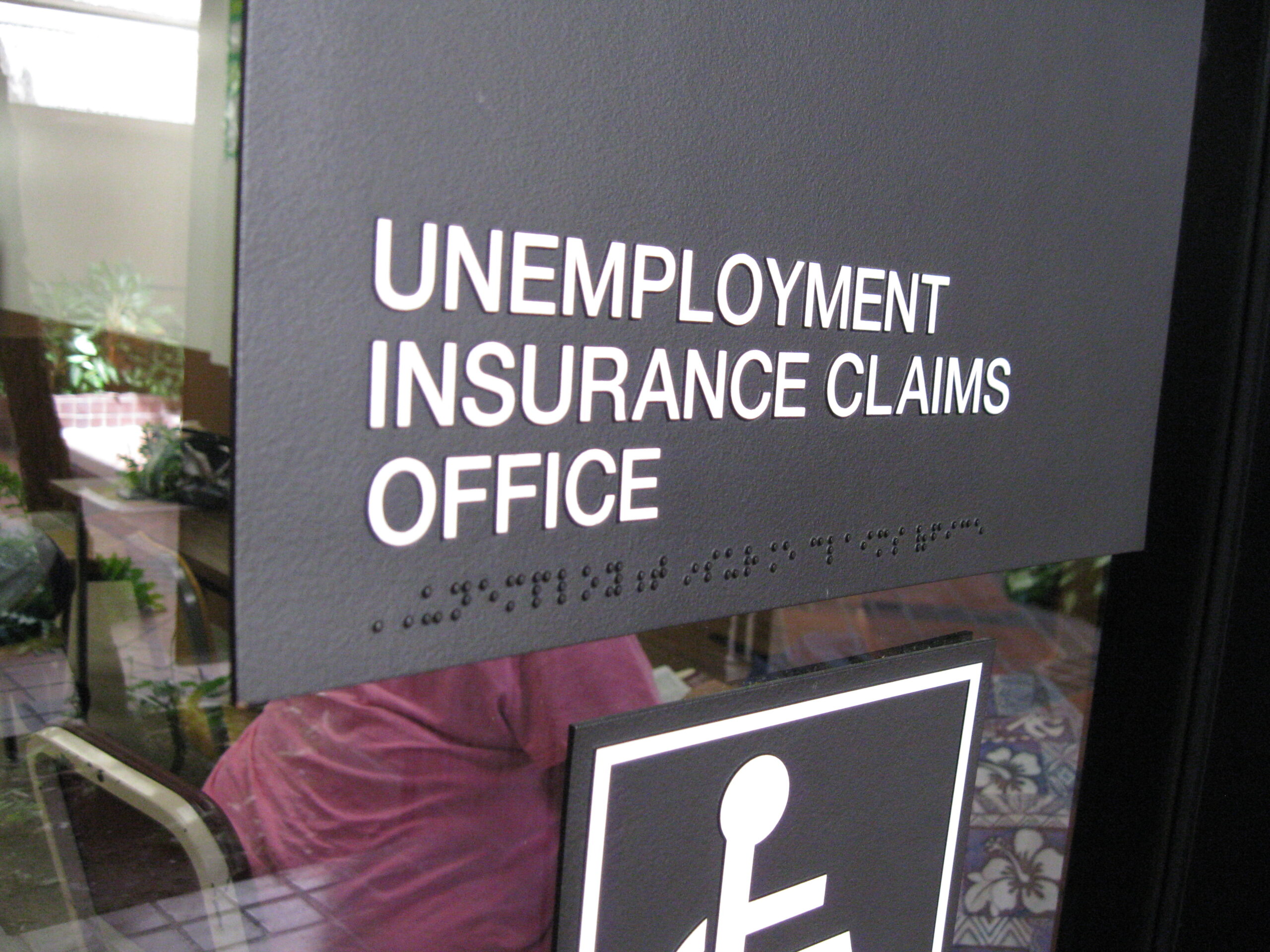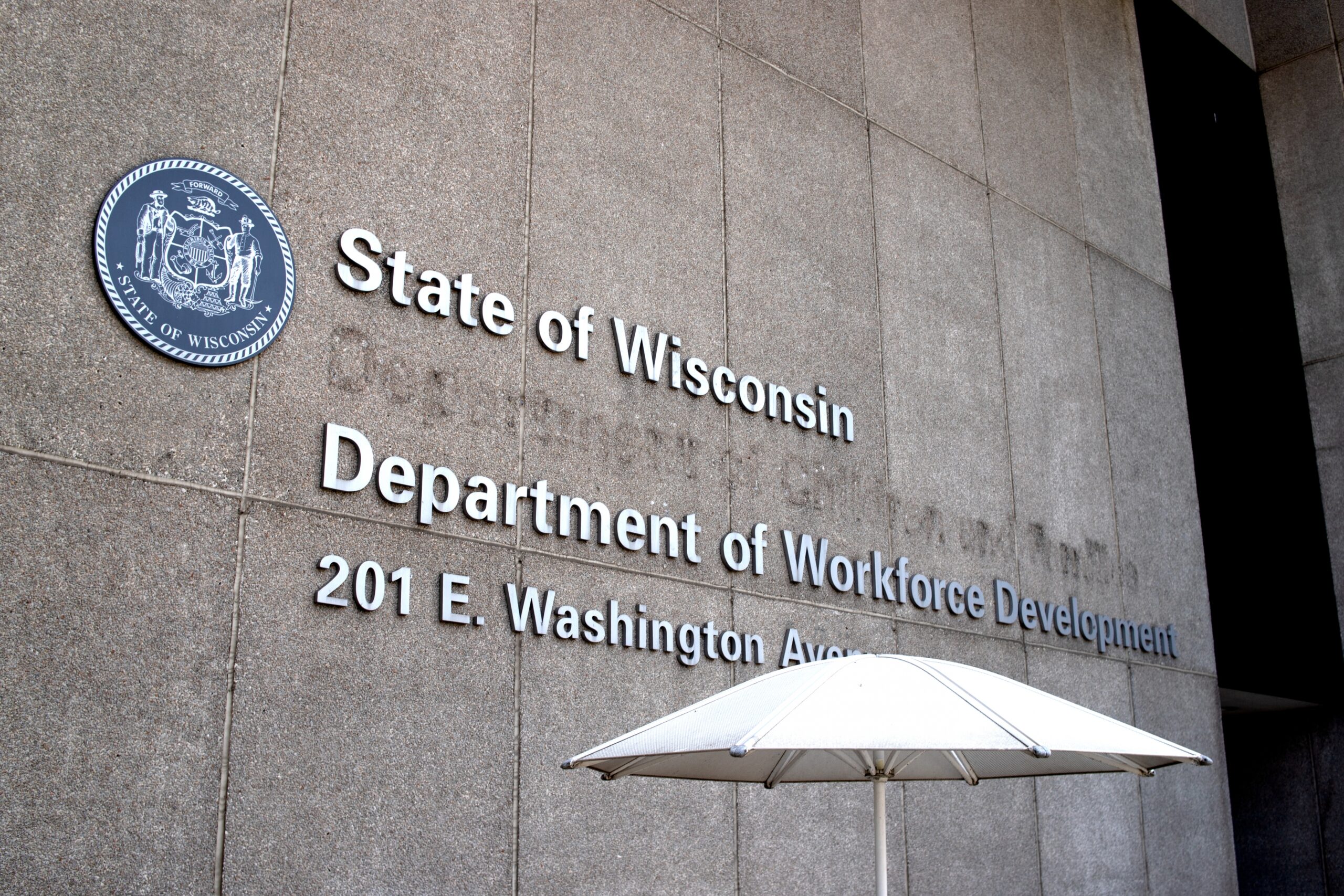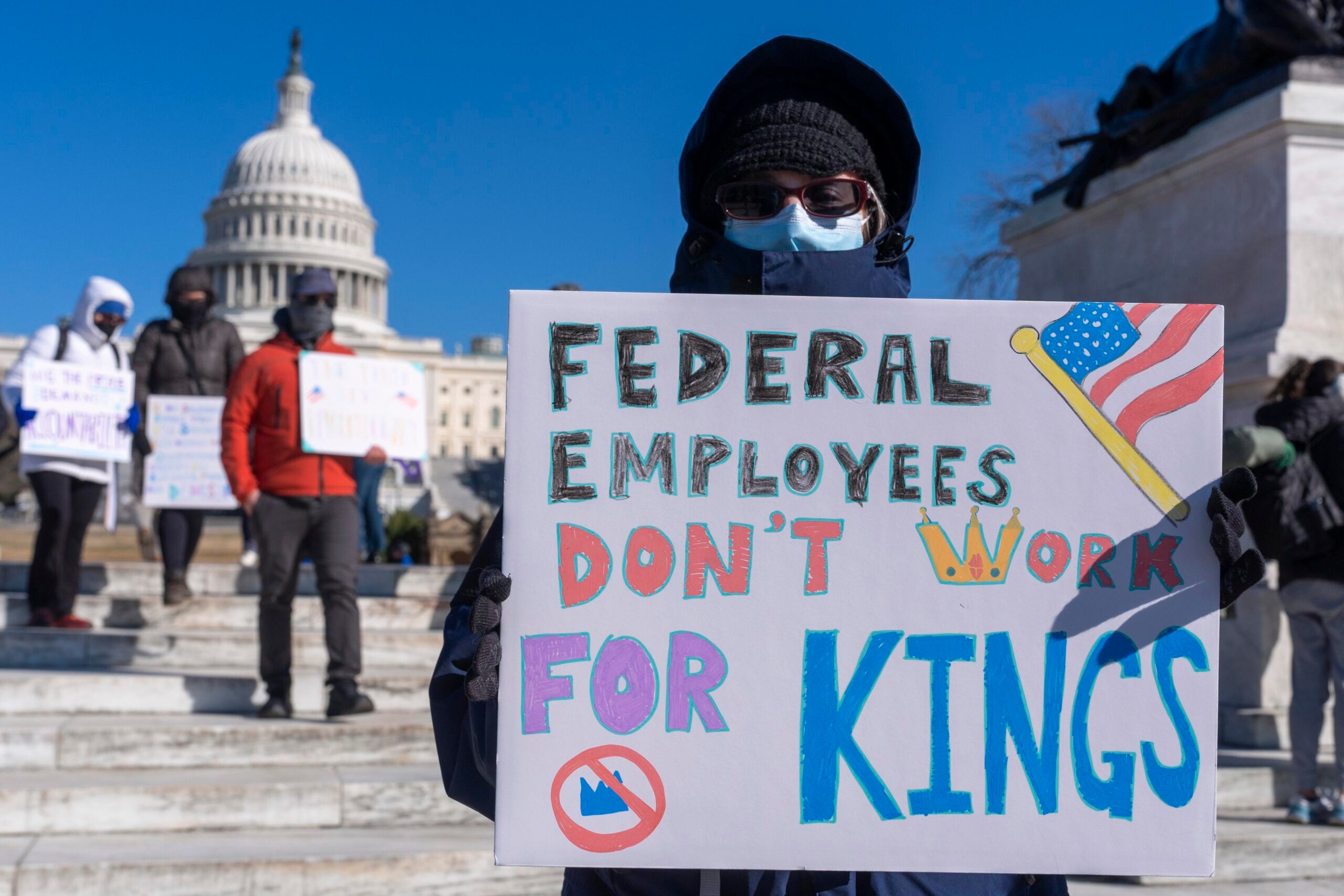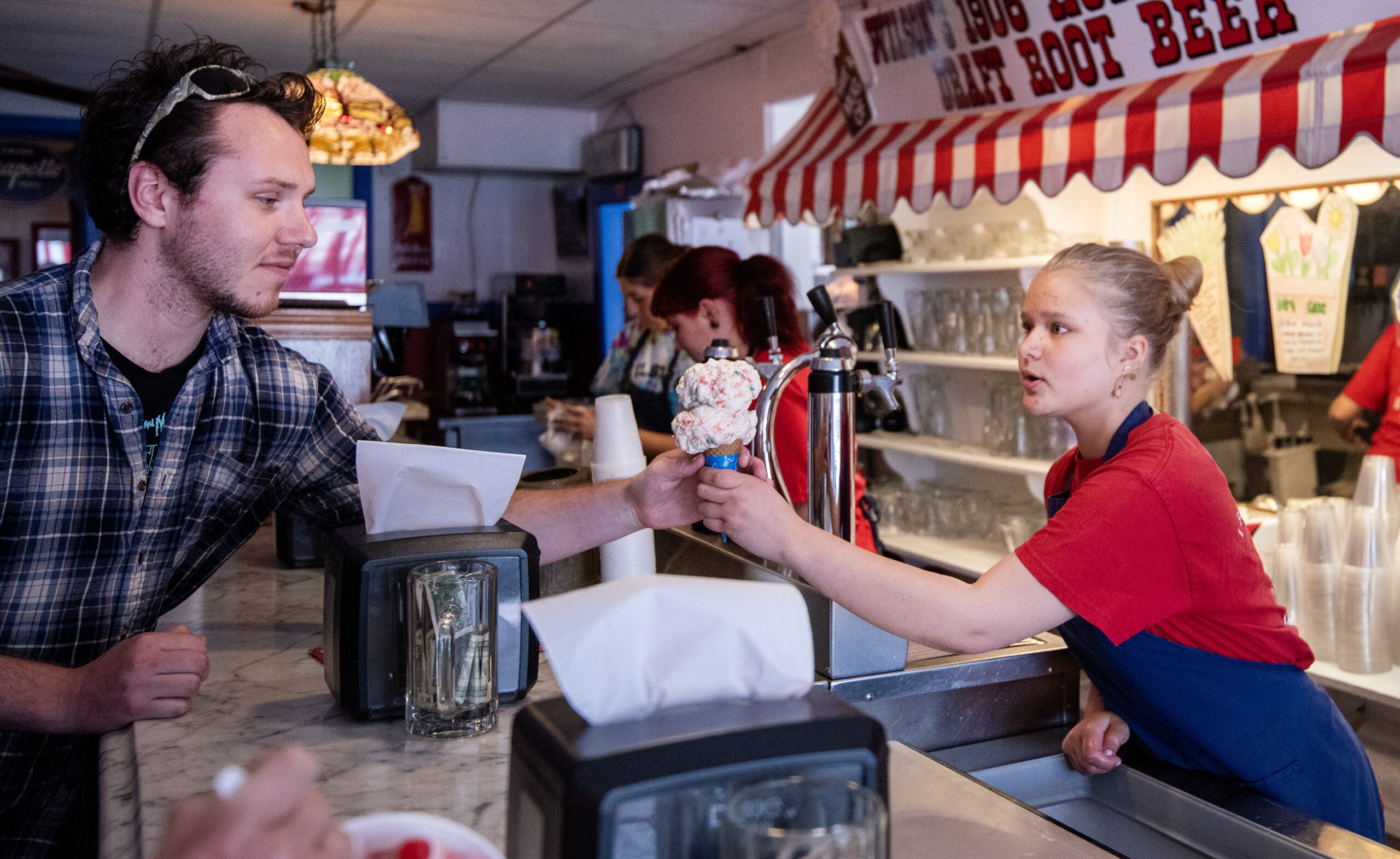When Annie Knudson’s unemployment benefits came in months after she’d lost her job due to the COVID-19 pandemic, she used the money to pay off medical bills and other debt for her family.
Then, in late March, Knudson received a letter from the state Department of Workforce Development threatening to issue a warrant unless Knudson paid back more than $10,000 of what the state called “overpaid benefits.”
The Appleton mom is one of nearly 80,000 Wisconsinites the state says received overpayments for their unemployment benefits, amounting to tens of millions of dollars in state funding. Because of a combination of state backlogs and the increased benefits paid out as a result of federal coronavirus aid laws, some Wisconsin families are now being told they’ll have to repay eye-popping sums.
News with a little more humanity
WPR’s “Wisconsin Today” newsletter keeps you connected to the state you love without feeling overwhelmed. No paywall. No agenda. No corporate filter.

“Honestly, I’m just scared,” Knudson said. “I know I didn’t do anything wrong. (But) I don’t know how I’m supposed to come up with this money, if I have to pay it back.”
Knudson is appealing the judgment, but that process could take more than a year to play out, in part because of the massive number of Wisconsinites who received benefits last year. In the meantime, she and her husband Mike say they feel betrayed by her former employer and left in limbo by a frustrating and confusing state bureaucracy.
On the surface, Knudson’s unemployment claim seems straightforward. Before the pandemic, she worked part-time driving a van for a Fox Valley martial arts school, bringing children, including her own young son, from their elementary schools to the martial arts classes. When the school shut down classes in March 2020, they no longer needed a driver. In July, the school reopened some services; they asked her to return to a different job at the school and she declined. Her unemployment claim runs from the week of March 4 until then, the week of July 25.
It wasn’t until February that she learned that her employer had contested the claim. A letter from the state informed her that “the claimant quit her most recent employer when she declined to continue to work remotely when her employer was closed due to COVID-19.”
Knudson denies that she could have worked remotely during that period. Her job was to physically drive children from place to place. And she feels stung that her former employer is contesting the claim.
In all, the state claims the family owes $13,455.
State Finds Overpayments Decreased As Percentage Of All Payments, But Backlogged System Has Consequences
Overpayment notices are a regular part of the unemployment system, and the amounts claimants are asked to repay are not always so dramatic. It’s not uncommon for the state to find that a claimant has miscalculated their wages, requiring a much smaller amount of money paid out in benefits to be returned. Those sorts of errors accounted for $570,578 last year, according to a state report, averaging about $1,400 for the state’s 400 such cases.
As a percentage of the billions in benefits the state paid last year, overpayments declined in 2020 from previous years. They accounted for 1.3 percent of the total last year, compared to 3.1 percent in 2018 and 3.2 percent in 2019, according to state data. Generally, overpayments classified as fraud account for about 1 percent of state payments; non-fraud overpayments have run at around 2 percent. As a share of all payments, both measurements declined last year.
But because the state paid out so many more benefits during the pandemic, the total amounts increased markedly. In 2019, the state paid $409 million in unemployment benefits, from which it calculated $13 million in overpayments. In 2020, it paid $4.8 billion in benefits; the state estimates $66 million in overpayments last year.
And after months of a system beset by backlogs and errors last year, the normal process for adjudicating overpayments was also set back. That could be part of the reason Knudson’s overpayment notice came months after the benefits were paid, and it’s certainly the reason the appeals process will take so long.
Professionals who work on the issue say families across the state are affected.
“There are a number of cases where people are sent these overpayment notices, and they may not be right,” said William Harris, an attorney with Wisconsin Judicare, a nonprofit law firm in Wausau.
Harris, who is not connected to Knudson’s case, said he has many clients in a similar position. He said state overpayment notices often add on interest, late fees and other charges that serve to run up the amount beyond the benefit received.
“And so (what is owed) balloons into this incredible amount — more than they ever would have gotten in the first place,” Harris said.
Family Feels Uncertain As They Wait On Appeal
The state recommends payment plans to those who owe overpayments. But for many families, even those plans might be difficult to afford. Harris said those who think their overpayment notices are in error should exercise their right to appeal and should seek legal guidance.
Mike Knudson works as a customer service manager at an Appleton manufacturer. He said he took a pay cut as a result of the pandemic, which combined with his wife’s job loss left their family budget severely challenged. Annie Knudson has some health issues that forced her to leave her old profession styling hair; it’s one reason the part-time driving job worked for the family.
The Knudsons certainly don’t have a spare $13,000 should their appeal eventually be denied. But Mike Knudson does have an inheritance coming from a grandfather who was killed in car crash around Christmas. He said they expect that to be around $12,000.
“I’ll just hold on to that,” he said, “until we find out if we owe it back or not.”
Wisconsin Public Radio, © Copyright 2026, Board of Regents of the University of Wisconsin System and Wisconsin Educational Communications Board.






